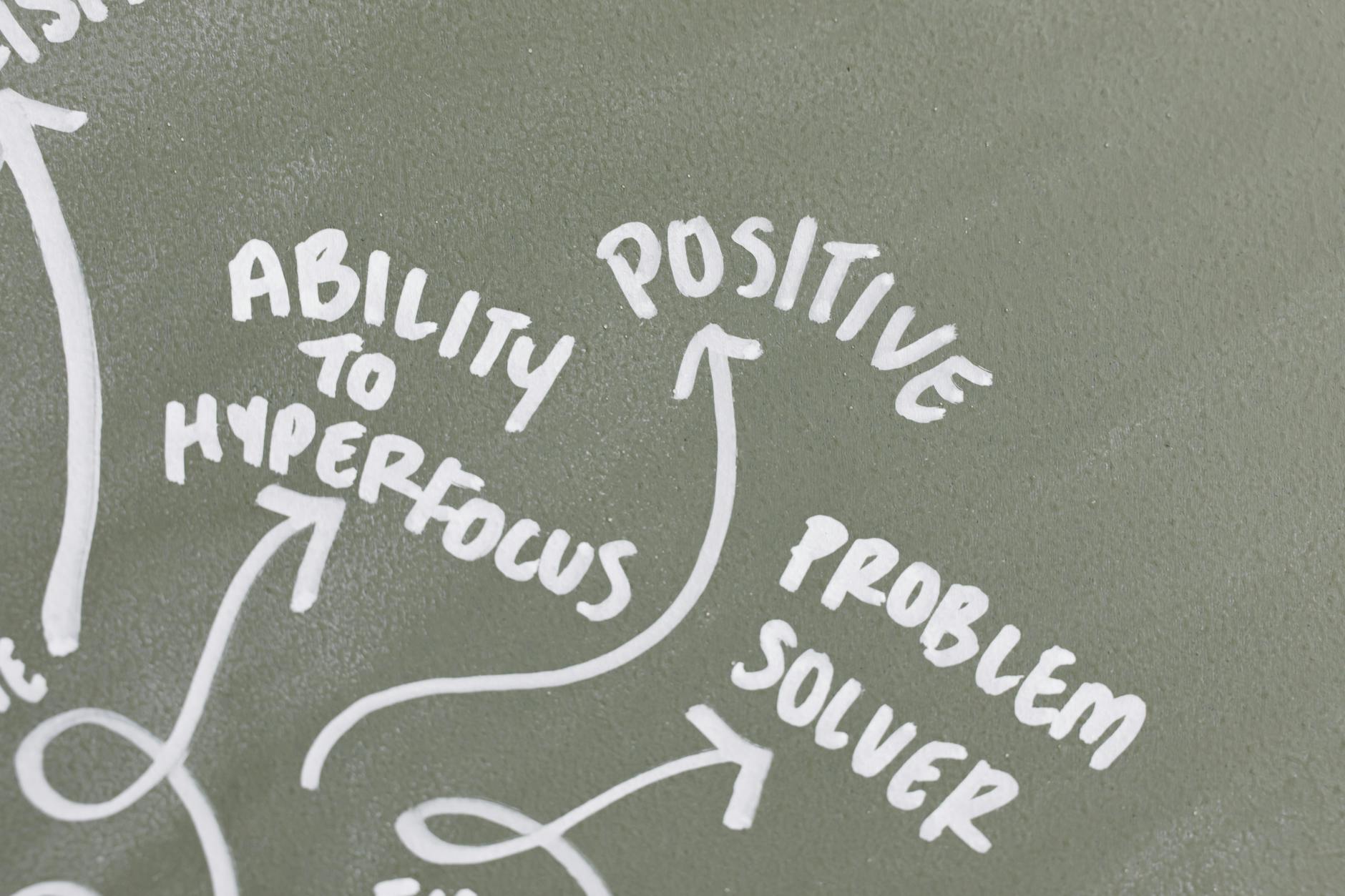What is resilience development?
What is resilience development?
Resilience development is the process of nurturing and enhancing one’s ability to bounce back from adversity, adapt to change, and face challenges without losing sight of personal goals. In both personal and professional contexts, resilience is crucial as it equips individuals with the strength to navigate life’s ups and downs, making it a vital skill in today’s fast-paced world.
Understanding resilience development goes beyond mere survival; it’s about thriving even in difficult situations. When we cultivate resilience, we gain tools to manage stress, improve our emotional health, and create a fulfilling life. Let’s explore what resilience development entails and how we can foster it effectively.
Understanding Resilience Development
Resilience development refers to the techniques and mindset that enable an individual to recover from setbacks and adapt to change. It’s akin to building muscles; just as we physically strengthen our bodies through exercise, we can enhance our emotional and psychological resilience with practice.
The Psychology of Resilience
At the core of resilience is a robust psychological framework that includes a growth mindset and emotional intelligence. A growth mindset encourages individuals to view challenges as opportunities for growth rather than insurmountable obstacles. This perspective shift fosters persistence and adaptability, which are essential for navigating life’s uncertainties.
Emotional intelligence also plays a significant role. It involves recognizing and managing one’s emotions as well as the emotions of others. By developing emotional intelligence, individuals can better respond to stress and adversity, enhancing their overall resilience. For more insights on emotional intelligence and its impact, check out this resource from Psychology Today.
The Role of Environment in Resilience
While personal traits matter, resilience development is heavily influenced by our environment. Having a solid support system—friends, family, and community—can significantly bolster resilience. When facing challenges, knowing that you have people who care and can lend support makes a world of difference.
Moreover, engaging in community activities or groups can foster a sense of belonging and collective strength, reinforcing your ability to cope with difficulties. Resources like Harvard’s Center on the Developing Child provide valuable insights into how external factors affect resilience.
Benefits of Resilience Development
The advantages of resilience development are profound, impacting various aspects of life both personally and professionally.
Enhanced Coping Mechanisms
Resilience equips individuals with effective coping strategies to deal with stress and adversity. For instance, resilient individuals are more likely to approach problems with a solution-oriented mindset, seeking out resources or alternatives rather than succumbing to despair. This proactive approach not only reduces anxiety but also promotes mental health.
Improved Work-Life Balance
In today’s demanding work environment, maintaining a healthy work-life balance is crucial. Resilience development helps individuals manage their time and energy effectively, allowing them to prioritize tasks, set boundaries, and allocate time for personal interests. This balance leads to greater job satisfaction and overall happiness. Explore the health benefits of resilience through this Mayo Clinic article.
Strategies for Developing Resilience
Building resilience isn’t just a matter of luck; it requires conscious effort and practice. Here are some effective strategies you can implement:
Mindfulness and Self-Care Practices
Mindfulness involves being present in the moment without judgment. Techniques such as meditation, deep breathing, or yoga can significantly enhance resilience by reducing stress and promoting emotional regulation. Incorporating self-care routines into your daily life—whether that means enjoying a hobby, exercising, or simply taking time to relax—can also improve your mental resilience.
Building Strong Relationships
Fostering connections with others is key to resilience development. Surround yourself with supportive individuals who uplift you and challenge you to grow. Whether through family, friendships, or professional networks, these relationships provide a safety net during tough times. Engaging with community groups can also expand your network of support.
Measuring Resilience Development
Assessing your resilience can help you understand your strengths and areas for growth. Here are some methods to evaluate your resilience:
Private Journaling and Reflection
Keeping a journal can serve as a powerful tool for self-reflection. Documenting your thoughts, feelings, and experiences can help track your growth over time. Reflecting on how you’ve responded to past challenges can provide insights into your resilience journey and highlight areas for improvement.
Professional Assessment Tools
There are various professional tools and assessments available that can help gauge your resilience levels. These assessments often provide structured feedback and strategies tailored to enhance your resilience. Resources like MindTools offer practical approaches to developing resilience.
Conclusion
In conclusion, resilience development is an essential skill that can significantly impact your personal and professional life. By understanding the psychological aspects, recognizing the importance of a supportive environment, and implementing effective strategies, you can cultivate a resilient mindset. Remember, resilience isn’t a fixed trait; it’s a dynamic skill that you can develop over time.
Embark on your resilience development journey today, and embrace the challenges that come your way with confidence and strength. The path may not always be easy, but the rewards of greater well-being and fulfillment are well worth the effort. For a deeper dive into the benefits of resilience, consider exploring resources like Forbes on resilience.

Photo by Tara Winstead